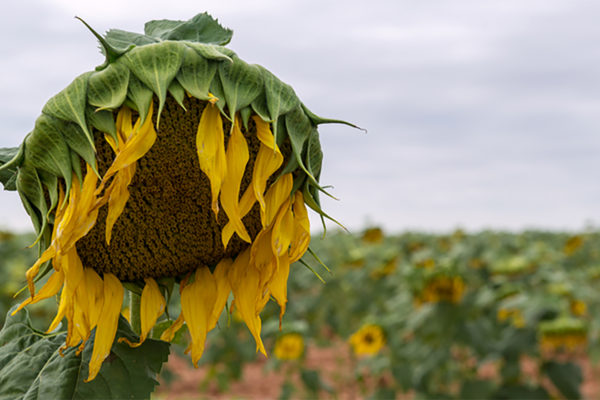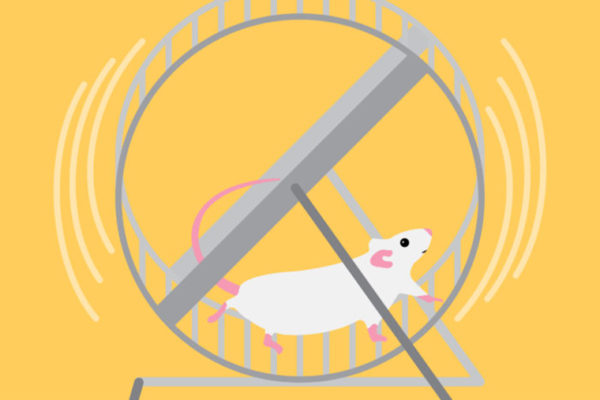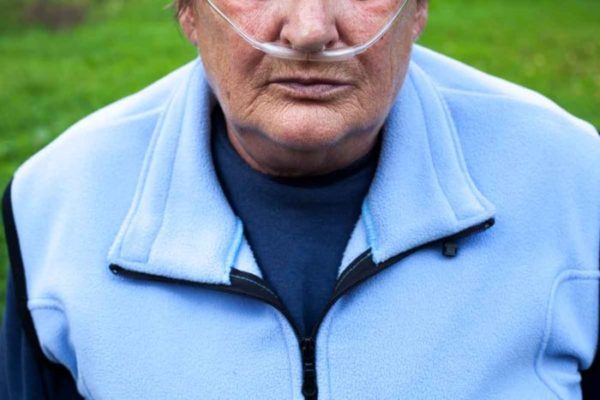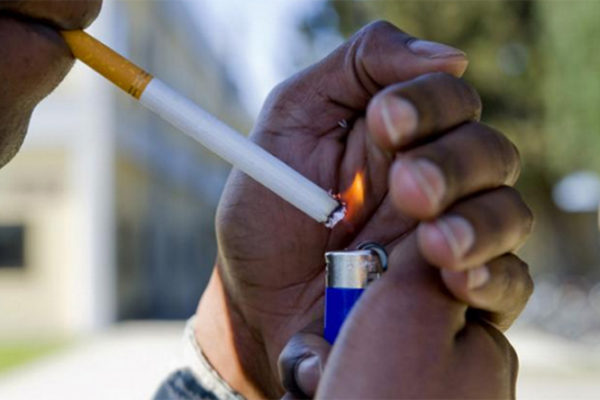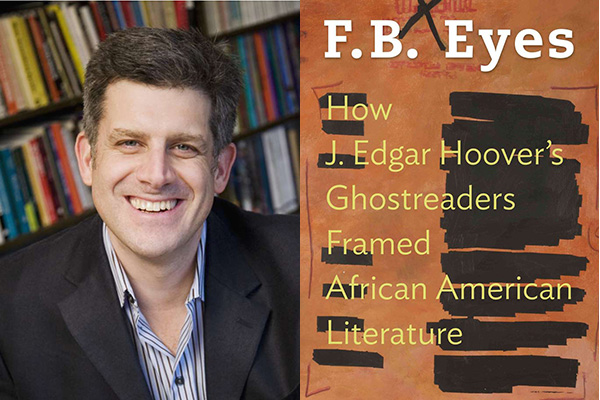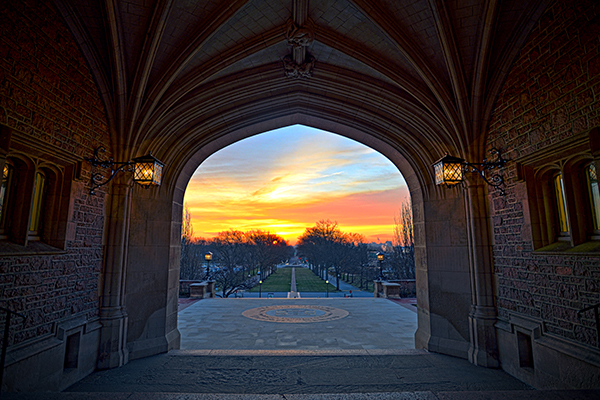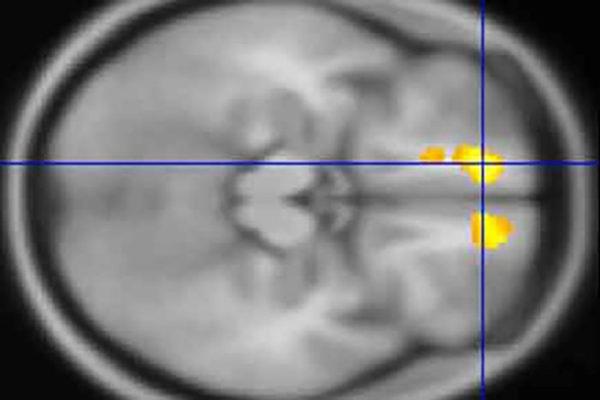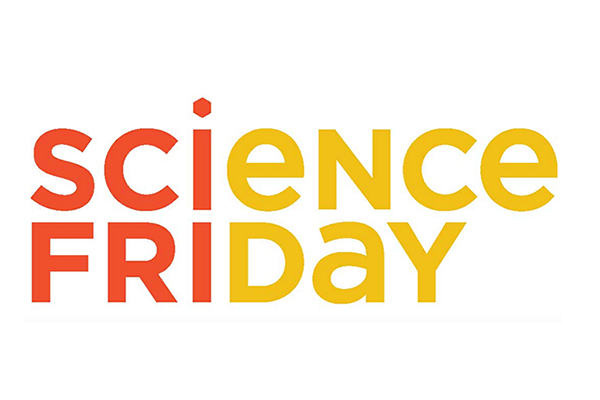Mutant plants reveal temperature sensor
In a serendipitous moment, scientists studying light sensing molecules in plants have discovered that they are also temperature sensors.The discovery may eventually allow them to design crop varieties that are better able to cope with a warming world.
Natural compound reduces signs of aging in healthy mice
Scientists at the School of Medicine have shown that supplementing healthy mice with a natural compound called NMN can compensate for a loss of energy production in aging cells, reducing typical signs of aging such as gradual weight gain, loss of insulin sensitivity and declines in physical activity.
For some COPD patients, portable oxygen treatment provides no benefit
Patients with chronic obstructive pulmonary disease (COPD) often receive portable oxygen therapy to help raise oxygen levels and allow them to breathe easier. But a major study published Oct. 26 in The New England Journal of Medicine indicates that supplemental oxygen does not benefit a large group of patients with COPD: those with moderately low levels of oxygen in the blood.
Examining the effects of regulating tobacco sales
State actions to regulate retail sales of tobacco nearly doubled between 2012 and 2014, according to new research from the Brown School at Washington University in St. Louis, but much of the activity was directed at e-cigarettes, perhaps the least harmful tobacco product.
Maxwell wins 2016 American Book Award
William J. Maxwell, professor of English and of African and African-American studies in Arts & Sciences, has won a 2016 American Book Award from the Before Columbus Foundation for “F.B. Eyes: How J. Edgar Hoover’s Ghostreaders Framed African American Literature” (2015).
Who Knew WashU? 10.25.16
Question: Where on the Danforth Campus does this gargoyle (or, more accurately, boss) appear?
Washington University honored as International Humanitarian of the Year
In recognition of significant contributions to solving global humanitarian issues, the World Affairs Council of St. Louis has selected Washington University to receive the 2016 International Humanitarian of the Year Award. The university will be honored at a gala event to be held Thursday, Oct. 27, at the Chase Park Plaza hotel.
Brain scans of children with Tourette’s offer clues to disorder
Using MRIs, researchers at the School of Medicine have identified areas in the brains of children with Tourette’s syndrome that appear markedly different from the same areas in the brains of children who don’t have the neuropsychiatric disorder. The findings were published online Oct. 25 in the journal Molecular Psychiatry.
University scientists take part in ‘Science Friday’
The public radio program “Science Friday” has an episode airing at 1 p.m. Oct. 28 featuring three scientists with university ties: Christy Edwards, Bo Adu-Oppong and Michael Wysession.
Africa Week 2016: Roots Decoded begins Oct. 30
Urban Cusp founder and former Washington Post columnist Rahiel Tesfamariam will kick off Africa Week at 7 p.m. Sunday, Oct. 30, in Hillman Hall. Sponsored by the African Students Association, Africa Week explores African education, activism, cuisine and commerce.
View More Stories
